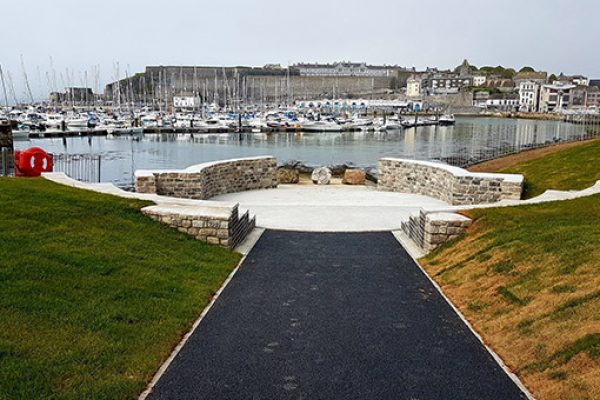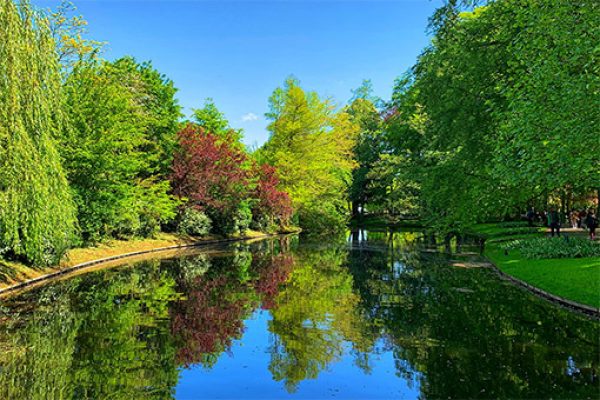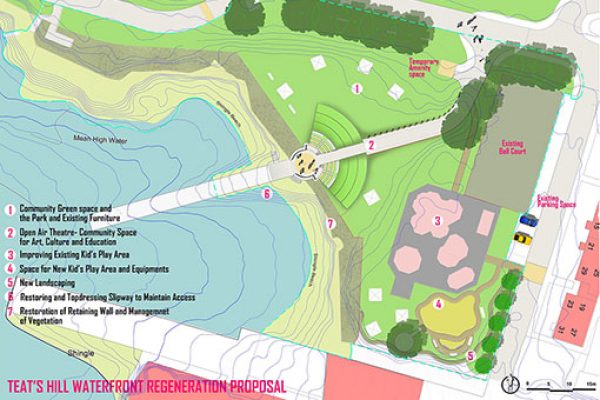Observational studies have suggested that people with better access to attractive, safe, and inclusive blue spaces enjoy higher psychological well-being, with particular benefits for those living in deprived urban areas. However, intervention studies are scarce.
To help bridge this gap BlueHealth researchers conducted a repeat cross-sectional study exploring local resident and visitor well-being before and after a small-scale intervention aimed at improving the quality of an urban beach area in a deprived neighbourhood in Plymouth, United Kingdom.
Physical alterations were cocreated with local stakeholders and residents, and accompanied by a series of on-site community events. Key outcomes were self-reported psychological well-being, satisfaction with personal safety and community belonging, and perceptions of site quality.
Adjusted linear models showed that positive well-being (B = 7.42; 95% CI = 4.18–10.67) and life satisfaction (B = 0.40; 95% CI = 0.11–0.70) were both higher after the intervention compared to before, with associations for life satisfaction stronger among those who visited the site in the last four weeks.
Associations with positive well-being were partially mediated by greater satisfaction with community belonging; and associations with life satisfaction were partially and independently mediated by greater satisfaction with personal safety and community belonging.
Although caution needs to be taken due to the repeat cross-sectional design and the sampling of site visitors as well as local residents, the findings support the idea that environmental improvements to urban blue spaces can foster better psychological well-being, and underline the importance of community involvement in the process.











